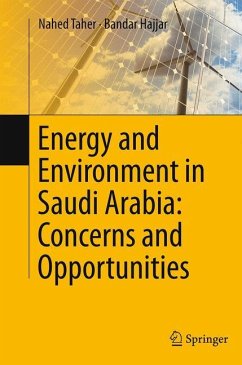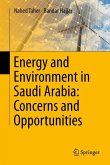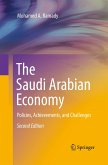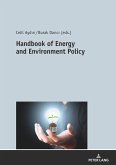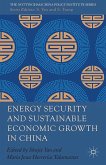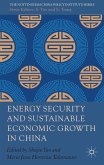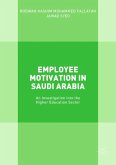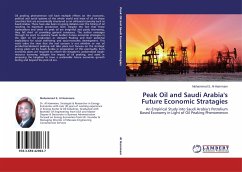The vast oil resources in Saudi Arabia have for decades encouraged a generous system of oil subsidies, making the Kingdom one of the leading countries in the world with the cheapest domestic price of oil. Such subsidies have, however, encouraged inefficient utilization of oil, which is largely consumed in the power, water and transportation sectors, contributing substantially to CO2 emission in the country. These problems are exacerbated by demographic dynamics, urbanization, changes in income and consumption patterns, and industrialization. On current trends of domestic consumption patterns, Saudi Arabia will consume the whole of the oil it will produce by 2030, which will reflect negatively on the financial capacity of the government to execute its development programs. It is this revenue constraining concern, rather than ecological challenges, that has started to attract policy attention in Saudi Arabia. This book gives a unique perspective on these challenges by looking at them as investment opportunities, not financial constraints on the government budget. It sets out to examine the nature and extent of the energy and environmental challenges facing Saudi Arabia, and to explore various options for turning these challenges into profitable investment opportunities that could create jobs, boost income, develop capability in clean energy technology and promote environmental sustainability.
Bitte wählen Sie Ihr Anliegen aus.
Rechnungen
Retourenschein anfordern
Bestellstatus
Storno

